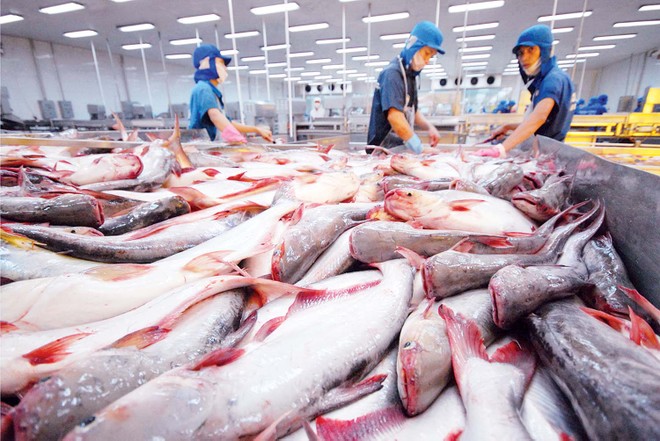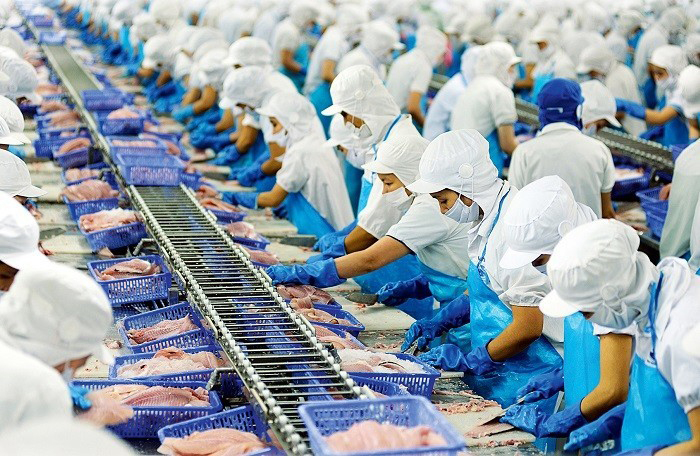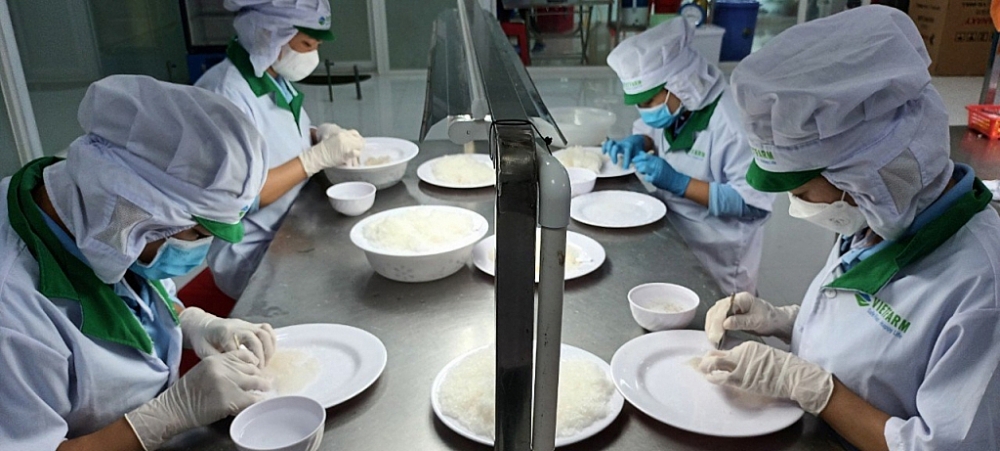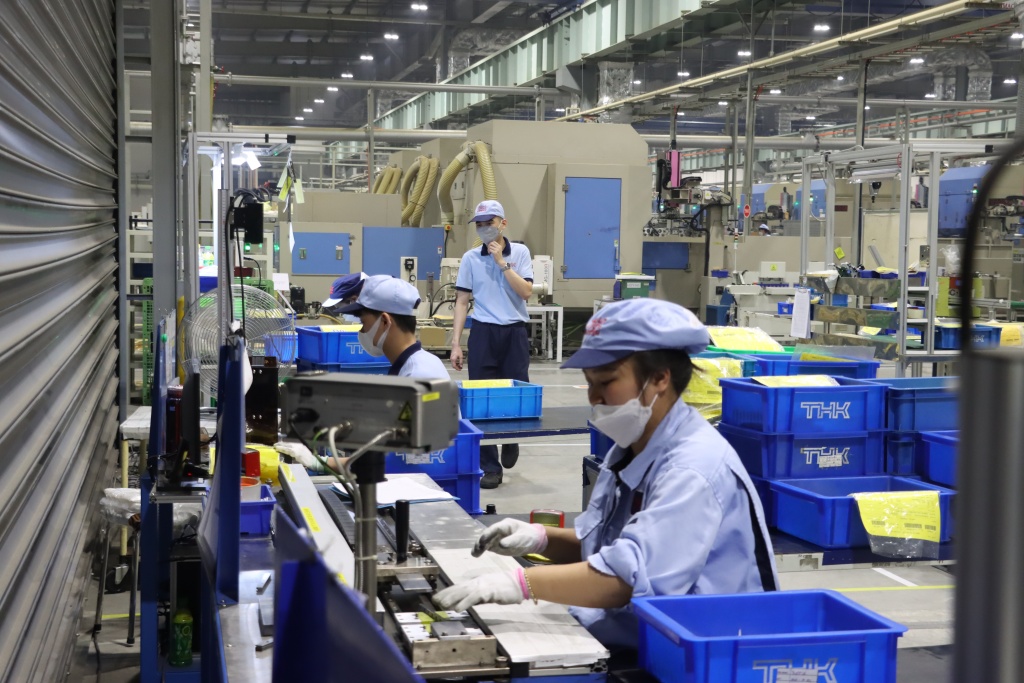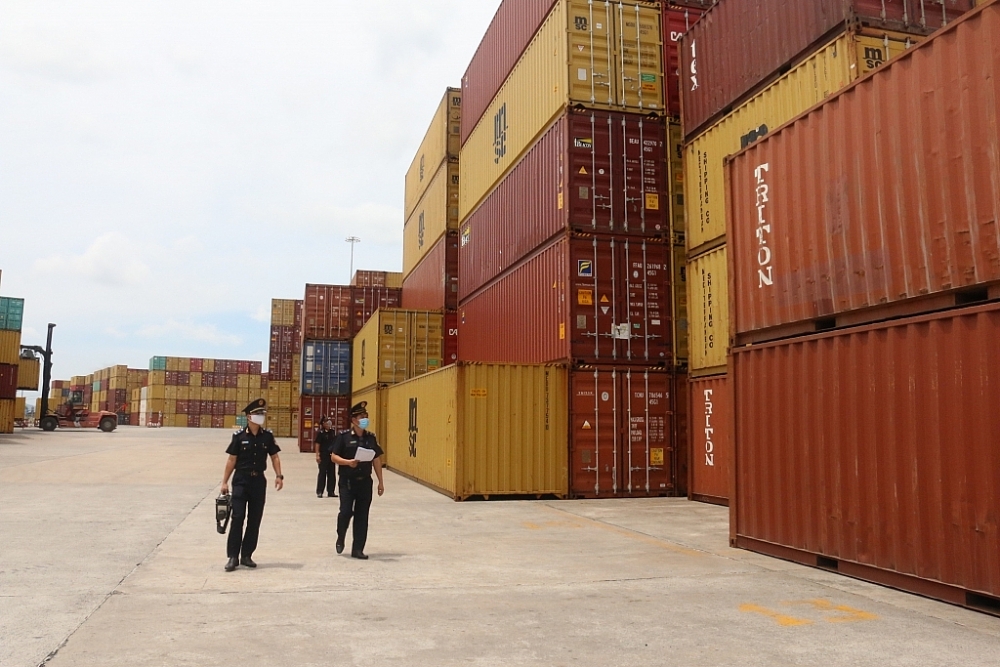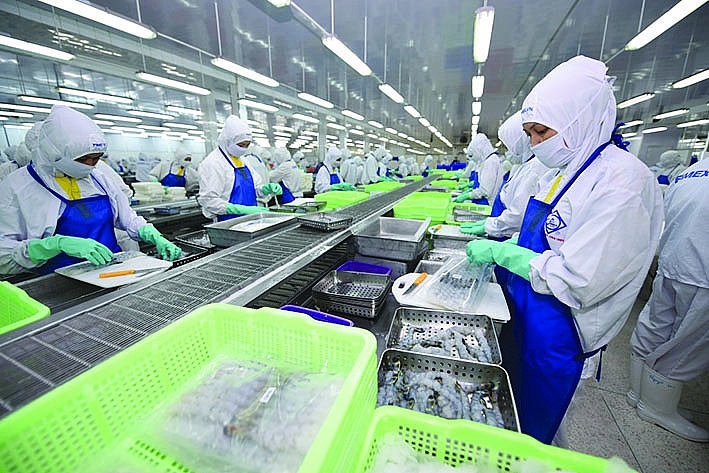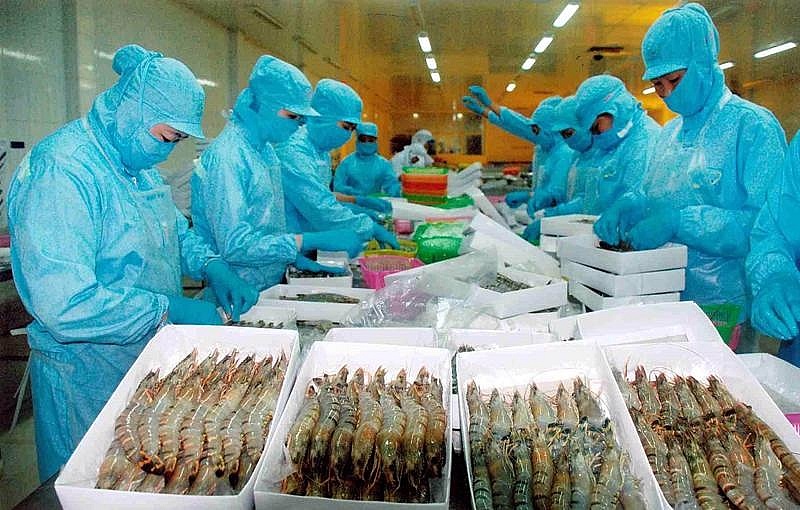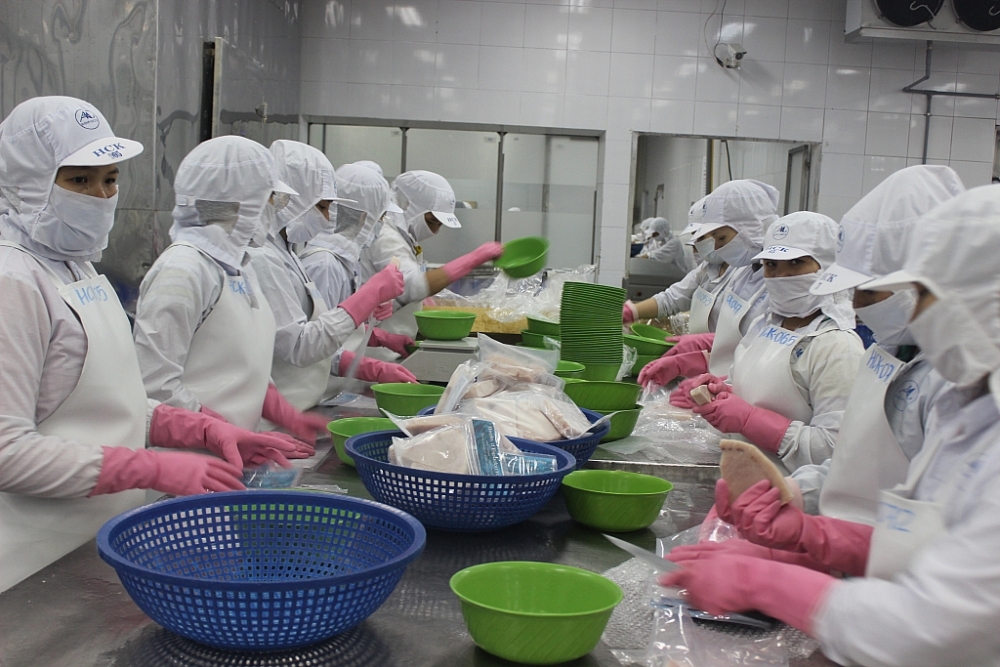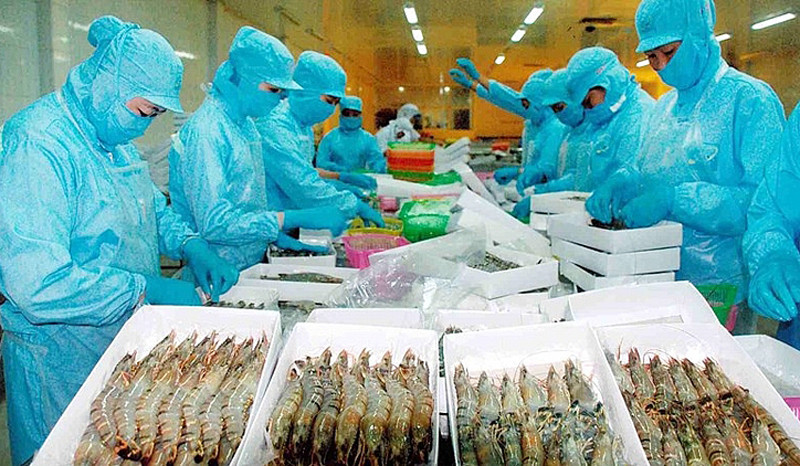Collaborative initiatives with FAO focus on promoting climate adaptation and resilience for smallholder farmers.
The Food and Agriculture Organization of the United Nations (FAO) supports the decision of the Green Climate Fund (GCF) to approve funding for three new projects in Bolivia, Cambodia and the Philippines, worth a total of 145.3 million USD.
National initiatives focused on promoting climate change adaptation and resilience for smallholder farmers, local communities and other value chain actors in three countries are facing with increasing weather and climate-related threats to agriculture and people's livelihoods.
“Innovation in climate finance can trigger transformational change towards more sustainable and inclusive agri-food systems,” said FAO Deputy Director-General Maria Helena Semedo. The approval of these three projects shows that, by leveraging global partnerships, FAO can help strengthen the adaptive capacity and resilience of rural communities, especially women and indigenous peoples. land. This contributes to the implementation of the FAO Strategy on climate change for the period 2022-2031.
Benefits for both people and the planet
In Bolivia, over five years, $63.3 million will be dedicated to improving the management of agro-ecological zones, agricultural lands and priority small watersheds to build resilience and increase enhance food and water security.
Project activities are expected to benefit more than 1 million people, equivalent to 53.7% of the total population of Valles, including nearly 82,000 families, mainly from Indigenous Communities.
In the Philippines, a $39.2 million investment project aims to adapt agricultural systems to climate change. Over 7 years, the project will directly benefit more than 1.25 million people, mainly low-income smallholder farmers in 9 vulnerable regions and 5 provinces, by raising awareness risk awareness and risk mitigation measures, build capacity in climate-resilient agricultural practices and businesses, and incorporate climate-resilient technologies into their work.
The project is also expected to reduce carbon emissions by 4.38 tons over 20 years, thanks to better land use and climate-friendly agricultural practices.
In Cambodia, $42.8 million will be invested to help smallholder farmers, especially women, prepare for and respond to growing climate threats in the Northern Tonle Sap basin , one of the country's most important agricultural regions and particularly vulnerable to floods and droughts.
The project is designed to address the climate and socioeconomic vulnerabilities of approximately 450,000 farmers and other value chain actors by increasing knowledge about climate risks and providing incentives market to promote climate-resilient, higher-value, diversified and sustainable agricultural production./.
Source: Ministry of Agriculture and Rural Development

